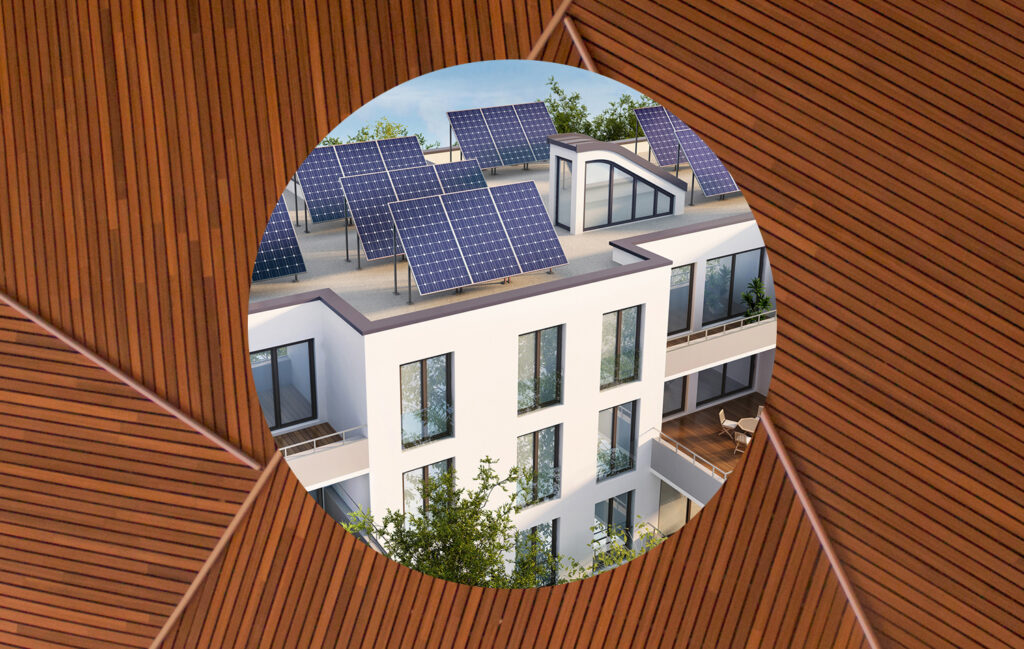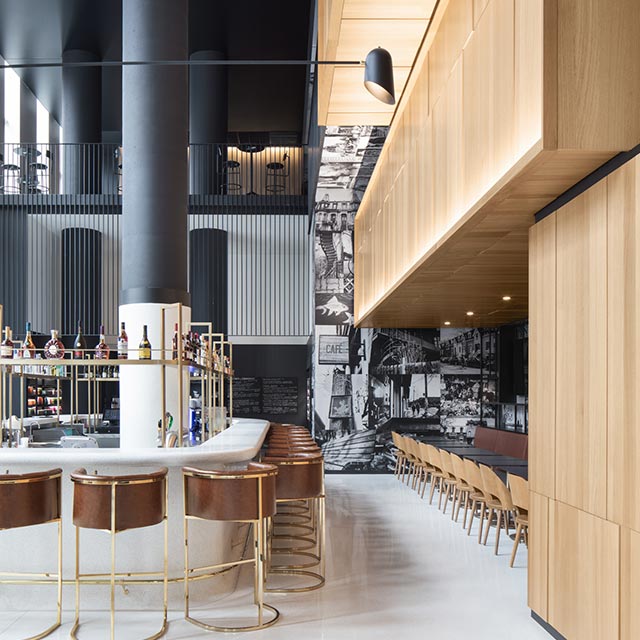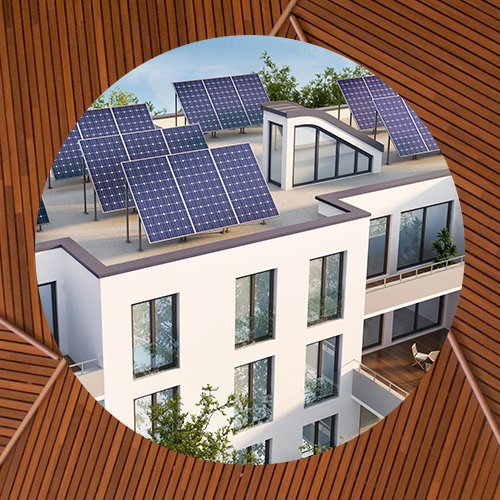Moreover, studies show that an eco-responsible property would incite easily travelers to book their stay at its place. Indeed, 66% of travelers would be willing to pay more to stay in an eco-responsible and friendly property and 2 out of 3 travelers would compromise their comfort in favor of the environment. To do so, think about highlighting your environmental practices on your website but also on your online booking engine, which is sometimes the last place where travelers make their final decision for their stay. You can also promote your practices on distribution platforms in order to stand out from your competitors.

What is an eco-responsible property?
As you may know, the hospitality industry is constantly evolving and must always be renewed in order to better meet the needs of an increasingly demanding clientele. This clientele is looking for more modern, more luxurious and greener establishments.
To do so, an eco-responsible establishment is a property which attempts to minimize its environmental impact by transforming itself first and then its services. In order to ensure the well-being of its customers and employees, eco-responsible properties have several goals such as saving energies and resources, reducing pollution, decreasing waste and encouraging responsible purchasing. They set up sustainable environmental practices such as the use of recycled materials, natural insulator, low consumption lights, non-toxic products, bulk organic soaps, water saving devices and recycling bins.
Furthermore, eco-responsible properties have eco-tourism labels or awarded certifications by an independent third party or by the State. In the hospitality industry, there are many types of certifications such as Green Key, Green Tourism, EcoRoom, EarthCheck, RéserVert.
You can also link your environmental practices with your commercial ones. For example, by having a vegetable garden to produce vegetables that can be used by the chef, you can also use this to highlight your restaurant and to make some activities and workshops with the chef or the gardener.
Eco-responsible property’s benefits
Although it can be expensive, becoming an eco-responsible property is a win-win strategy for you and for your guests. By opting for a greener and more environmentally friendly practices, you can decrease your energy costs and improve your services while being innovative and all without compromising your services’ quality and guests’ comfort. Moreover, new technology often helps for the implementation of reduction energy measures. For example, if your hotel management software (PMS) is connected to the room lighting system, lights can turn off automatically if there is no one inside the room. Also, the heating and the air conditioning can be turn on standby.
This approach can also go as far as the choice of technological suppliers since it’s everyone’s action that will have a global impact. At the Hotello company, environmental practices are very important either with simple actions made by each employee such as recycling at the office, the choice of ecological maintenance products or promoting home office work and avoiding cars’ use.
Becoming an eco-responsible property is an excellent business strategy for hoteliers wishing to reduce their costs, decrease their ecological footprint and contribute to their guests and employees’ satisfaction. However, going green requires a lot of determination and attendance. As said by Dr Legrand “The sustainable hospitality sector is a sector which takes up environmental and societal challenges by using new ideas, solutions and strategies which allow to develop tomorrow’s properties and to manage their operations in a sustainable way”. Moreover, future’s properties will reconcile ecology, new technologies, conviviality but also economy.
Thus, keep in mind that the green marketing is a great way to promote your environmental practices and it will help you to strengthen your brand image on your communication channels (website, booking engine, social media, blog and newsletters) but also on external channels. Indeed, nearly 64% of the companies now use green marketing to sell their products and services.
 Log in
Log in









